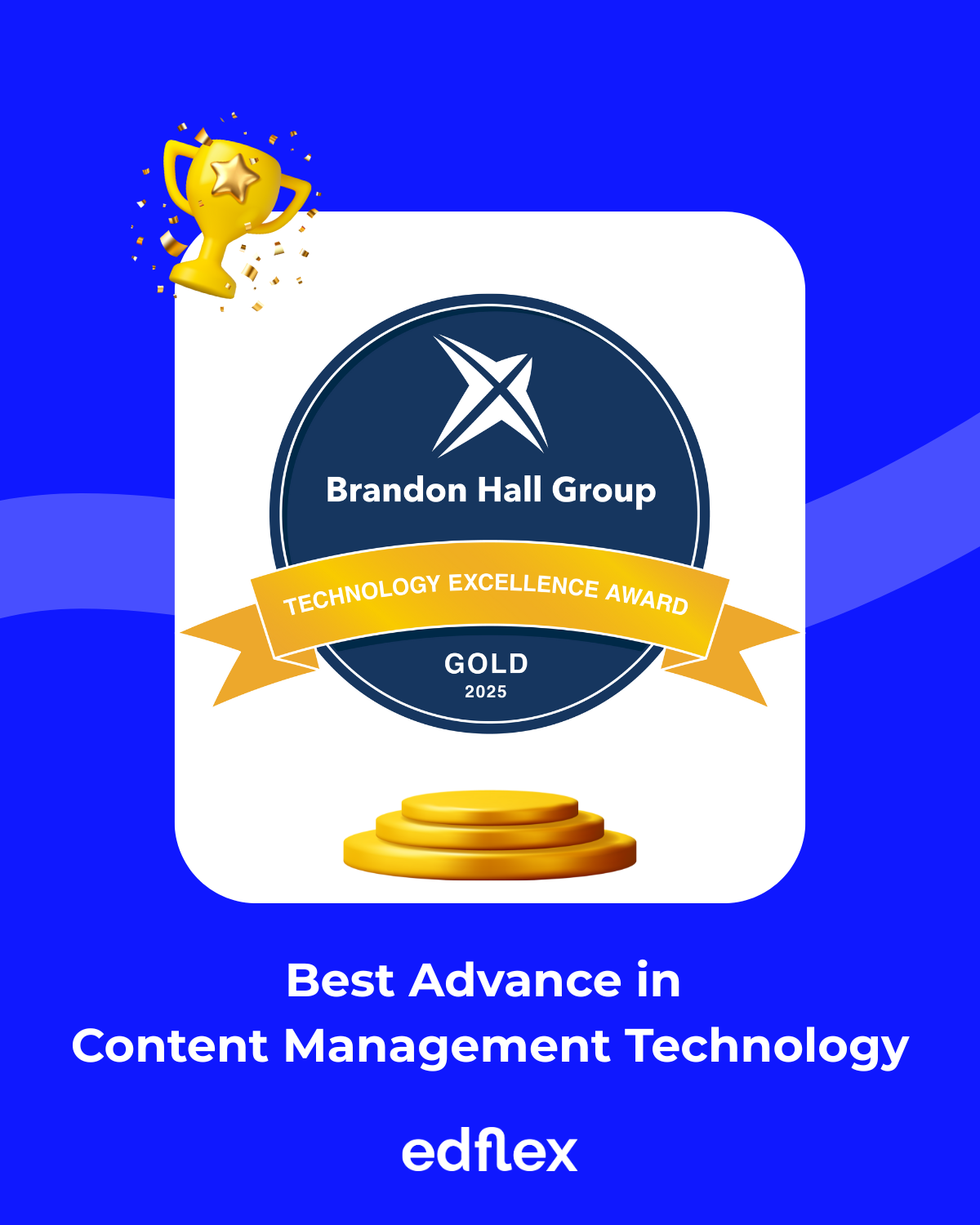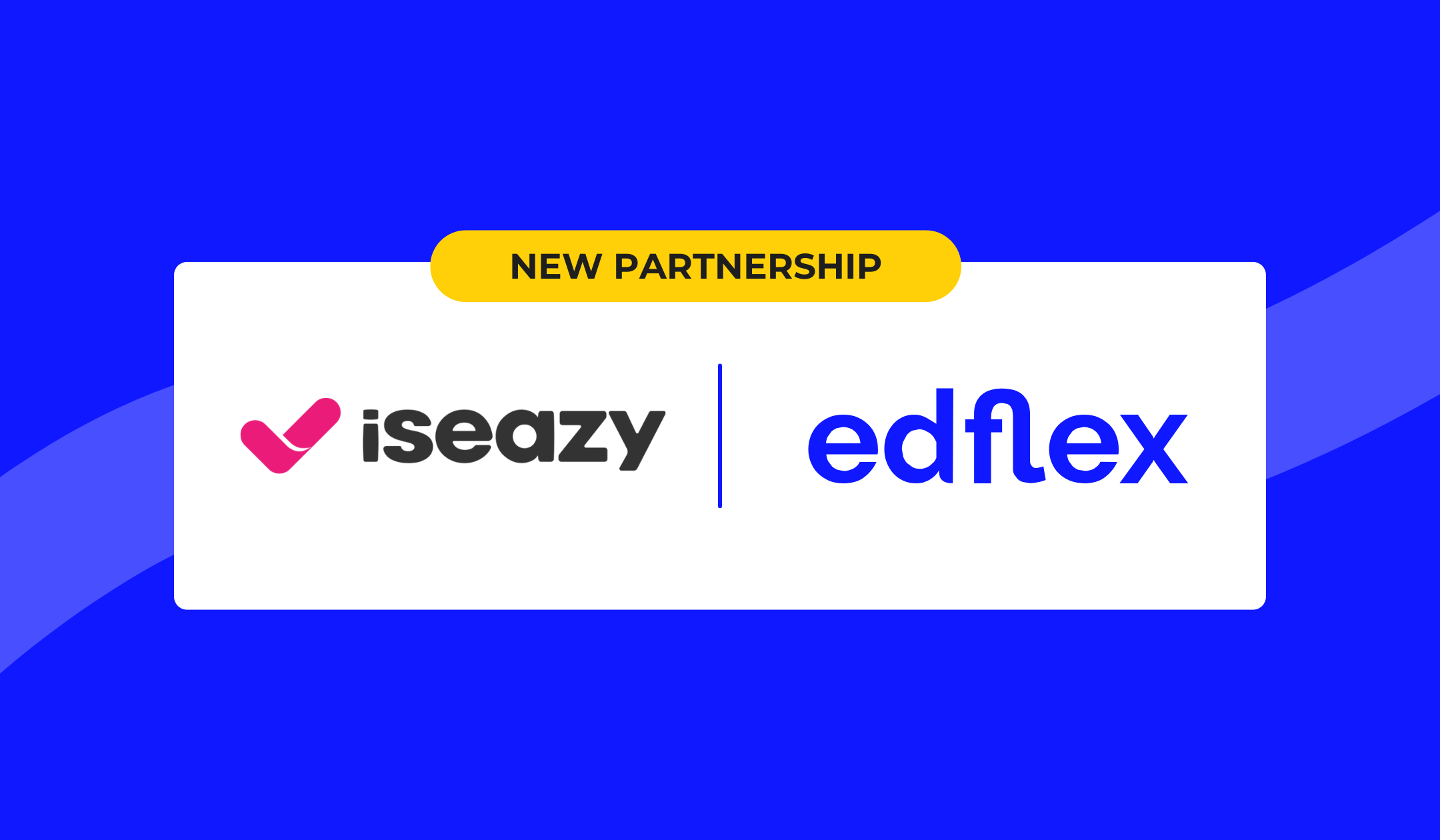Are we at the dawn of a new era in corporate learning ? Mentoring is indeed more and more popular in the learning world. But what is it and is it really the future of employee learning ?
Are we at the dawn of a new era in corporate learning? Mentoring is indeed more and more popular in the learning world. But what is it and is it really the future of employee learning?
Mentoring has been around for centuries as a way to pass on skills and knowledge from one generation to the next. It is useful for employees who need to move into new roles or develop their skills, with the guidance of someone more experienced in the field.

In the digital age, online mentoring is quickly becoming the preferred solution for many companies. With access to unlimited resources and a large network of trainers available via mobile devices, online mentoring can provide an immediate connection. However, mentoring is not only digital, it can also be physical, or even hybrid. Let's discover the specificities and advantages of this learning mode, already quoted as a L&D 2023 trends.
What is mentoring?
Mentoring refers to a privileged professional relationship in which an experienced employee offers individual support to an employee, usually a novice.
This in-house learning or professional coaching is ideal for facilitating the development of new employees' skills. The mentor provides valuable advice and exchanges with the mentee in order to improve his or her autonomy, help the individual reach his or her potential and increase his or her professional skills.

Types of mentoring
There is not just one mentorship, but several. They respond to specific problems and must be selected according to the objectives of the learning program.
Classic mentoring
This is the most commonly used mentoring method. In this case, an experienced employee accompanies another, less experienced employee. The trainer's professional experience allows the mentee to benefit from advice that may be useful in the long term during his or her career.
Reverse mentoring
As its name suggests, reverse mentoring works in the opposite way. A junior employee mentors a senior employee from the same company. This type of learning session allows the younger generations to coach the older ones on the use of social networks.

Cross-mentoring
Next, we have cross-mentoring. In this type of learning, the mentor or mentee is external to the company. It is therefore possible to organize a learning process in the form of a partnership between two companies.
Peer-to-peer mentoring
In this case, the two employees participating in the professional learning have equivalent levels of expertise, without any hierarchical link. However, they can share best practices and exchange the roles of mentor and mentee to jointly progress and increase their respective skills.
Business mentoring
In the case of business mentoring or executive coaching, the idea is to reach a certain level of competence in a very limited time. The mentors are external consultants and are most often involved in supporting the company's leaders.
What are the challenges of mentoring?

If mentoring is popular in the context of continuing professional education, it is because it responds precisely to certain specific needs.
Budgetary issues
First and foremost, financing learning can be tricky. For this reason, the coaching process is an opportunity for companies wishing to internalize their learning program. We talked about this in our webinar with Unow and 360Learning on how to optimize your learning budget. Indeed, this approach is ideal to combine quality learning and respect of the learning budget.
Time issues
Mentoring is also relevant to offer a learning solution that meets the company's needs as quickly as possible. The learning offer, materialized by the mentors, responds more quickly, but also more efficiently to the requirements. Learners have instantaneous learning needs and are looking for quick learning to meet their daily challenges. Mentoring is a quick solution to increase skills. It also ensures that employees are trained according to the employer's policy.
Personalization issues
Finally, the coaching system makes it possible to develop personalized learning . The proximity between the mentor and the mentee is ideal for setting up a tailor-made and qualitative learning based on personal support. The mentor will be able to focus on the mentee's difficulties, answer their questions and adapt the pace of the learning to their progress.
What is the role of the mentor?

Becoming a coach is not trivial. Indeed, any employee who accepts this position will have to deploy his or her technical and human capacities to succeed in welcoming, accompanying and enabling the advancement of the mentee.
Welcoming and advising
Sometimes, mentors are responsible for welcoming new talent into the company when they take up their position. For this reason, they are responsible for establishing a climate of trust and being benevolent. Throughout the mentee's discovery of the company, the mentor must strive to advise him or her, answer questions, share his or her own experience and help him or her feel comfortable in his or her new environment.
Accompany and support
The other requirement of the individual coach's role is to accompany and support the mentee in meeting challenges. These challenges can allow for an effective integration into the company, but also for the learning of new skills. In all cases, the mentor must have the necessary qualities to listen, reassure and motivate the mentee. The mentee must feel at ease with the mentor.
Promoting the learner's advancement
Finally, the mentor must allow the mentee to evolve throughout the learning program. The first thing to do is to jointly establish goals and deploy an action plan. By supporting the mentee and relying on relevant and benevolent feedback, the learner is accompanied as best as possible during his or her professional development.

The benefits of mentoring for the learner
Compared to other modes of learning, the coaching work of mentoring has specific advantages for the learner who benefits from it.
Developing behavioral skills
To begin with, the human and direct relationship that is established between the mentor and the mentee favors the development of soft skills. Indeed, by observing and exchanging with the mentor, the learner will gain self-confidence, better manage stress, develop active listening skills and increase his emotional intelligence. This benevolent climate encourages the learner's personal and professional development.
Acquire field know-how
In parallel to the development of behavioral skills, mentoring is perfectly suited to the improvement of technical skills. If these skills have been acquired during the initial learning , the mentored person will be able to test and improve his or her technical skills in a real-life situation when he or she takes up a position. The mentee will then be able to test and practice his or her skills in a benevolent, yet demanding professional environment.

Benefit from personalized support
To acquire strong skills, there is nothing better than a tailor-made accompaniment. This is what individual coaching allows by creating a privileged relationship of trust between mentor and mentee. Depending on the learner's career path, professional objectives, strengths and weaknesses, the mentor will be able to offer learning that is perfectly adapted to his or her specific needs.
Some companies develop specific programs to meet specific needs. This is notably the case for BlaBlaCar, which has developed a mentoring program by and for women in tech.
Conditions for successful mentoring
Of course, if you decide to train your employees through mentoring, it is necessary to implement certain good practices. It is by creating the conditions for successful learning that you will be able to take full advantage of the particular approach of mentoring.
Learning mentors
First of all, mentors or coaches must be selected with great care. They must have both the know-how to transmit knowledge and the interpersonal skills needed to create an environment conducive to learning. The choice of a coach is therefore essential to obtain concrete results.

Establishing a relationship of trust
The second essential point is the mentor's ability to listen. Before becoming a mentor, he or she must develop a posture and coaching techniques that will enable him or her to offer quality teaching. Indeed, the second condition for success is the creation of a relationship of trust between the two actors in this learning.
Effective mentoring management
To ensure the implementation of quality learning that meets the company's needs and allows for an increase in skills, it is necessary to clarify the objective and then to manage the mentoring. The learning strategy should be managed, if possible, by a supervisor or manager in the human resources department. This will allow the learning process to be monitored and feedback to be taken into account.
What is Mentoring 3.0?
Known for facilitating corporate learning and improving the professional life of learners, mentoring is constantly evolving. Thus, we are witnessing a shift towards a mentoring 3.0.
Hybrid mentoring
Adapted to today's challenges, this new type of mentoring is hybrid. It combines the face-to-face format with distance learning to respond more effectively to employees' needs. It can therefore be deployed more easily with employees whose work organization combines office work and telecommuting. It can also be used to develop mentoring on different scales, for example, on geographically remote sites.

A complete accompaniment
In addition, mentoring 3.0 puts an end to the traditional coach/mentee pairing. Benefiting from a very complete in-company mentoring program, the learner is followed by an expert in the field, but also by a speaker who advises him/her on his/her professional development or by employees who provide psychological support. The mentee is then placed within an ecosystem entirely focused on the acquisition of skills and the well-being of the employee.
Reciprocity at the heart of the model
Moreover, the relationship is no longer one-way. We are moving from a passive relationship to an active one. Reciprocity, at the heart of this mentoring 3.0 model, values the learner. The learner, included in a developmental network, benefits from two-way relationships that will allow him or her to quickly reach the objectives of his or her professional project.
Mentoring: integration into a knowledge ecosystem
Mentoring is perfectly suited to the contemporary business world. This hybrid approach to learning offers tailor-made learning to enable learners to work on their weaknesses while making the most of their strengths. It can be inserted into a classroom learning program or via distance coaching. Mentoring is ideal for creating a learning ecosystem within the company. Multiple stakeholders benefit from qualitative reciprocal relationships.
Ultimately, mentoring allows you to develop complete learning programs at a lower cost and in a shorter time frame, thanks to constant feedback. You can thus support performance and reach your learning objectives while developing your own pedagogical solutions.



















